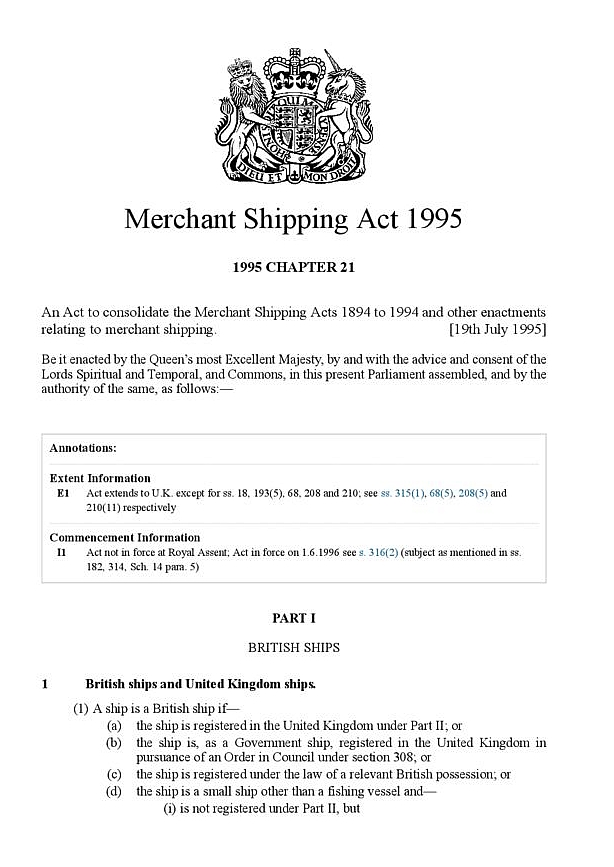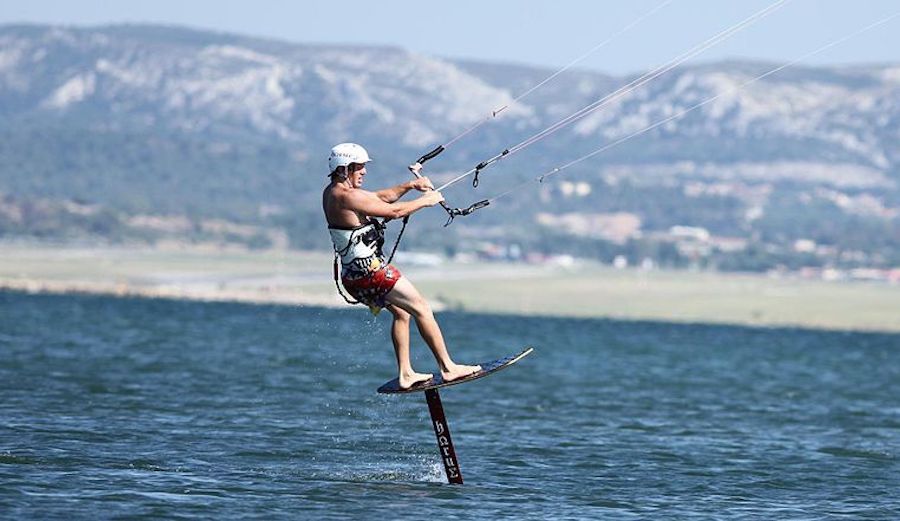 In 1995 the newly-consolidated Merchant Shipping Act, which creates maritime offences, applied to “every description of vessel used in navigation” and this seemed all-encompassing enough until 2005 that is, when the High Court ruled that to be “used in navigation” means making an ordered progression over the water from one place to another. Craft that were simply used for having fun without the object of going anywhere therefore fell outside the law. This led to the acquittal of someone being prosecuted for a fatal collision with a stationary vessel.
In 1995 the newly-consolidated Merchant Shipping Act, which creates maritime offences, applied to “every description of vessel used in navigation” and this seemed all-encompassing enough until 2005 that is, when the High Court ruled that to be “used in navigation” means making an ordered progression over the water from one place to another. Craft that were simply used for having fun without the object of going anywhere therefore fell outside the law. This led to the acquittal of someone being prosecuted for a fatal collision with a stationary vessel.
Panic, but few things move more slowly, it seems, than maritime law. A consultation was tried in 2009 but this proved inconclusive. But here we are now, 16 years after the original ruling, with a fresh consultation on what is now termed “personal watercraft” (PWC) to bring leisure vessels once again under the law.

The proposal is to define a PWC as any type of craft which (a) is situated wholly or partly in or on water; (b) is used, or is capable of being used, to carry one or more persons; and (c) is less than 24 metres in overall length. So far so good, but it is always possible to snatch defeat from the jaws of victory. There is an exclusion for children’s toys, which is fine, but also for “an unpowered craft which is less than 2.5 metres in overall length”. This means that paddleboards count as PWCs but windsurfers which are less than 2.5m and a lot of non-displacement craft like kite surfers and hydrofoils, both of which can travel at spectacular speeds, remain outside the law.
Does this matter since many harbours, including Salcombe, have byelaws which define a vessel in such a way that covers everything, including hydrofoils and even pontoons? The answer is yes. In 2013 legislation was enacted to enable harbours to use Harbour Directions instead of byelaws for most purposes. Harbour Directions are intended to be simpler, quicker, more flexible and cheaper to make than byelaws – but they are tied to the Merchant Shipping Act 1995 definitions. A harbour would still need to make byelaws if it wished to cover all windsurfers, for example.
There is, of course, a solution – apart from the long-standing joke that a vessel should be defined in law as “anything that floats”. Salcombe’s proposal is to allow harbours with byelaws to use the same definition of a vessel in their Harbour Directions. The consultation ended on 1 November. Will Salcombe’s view prevail? We will have to wait and see, but please not another 16 years.
Comments are closed, but trackbacks and pingbacks are open.